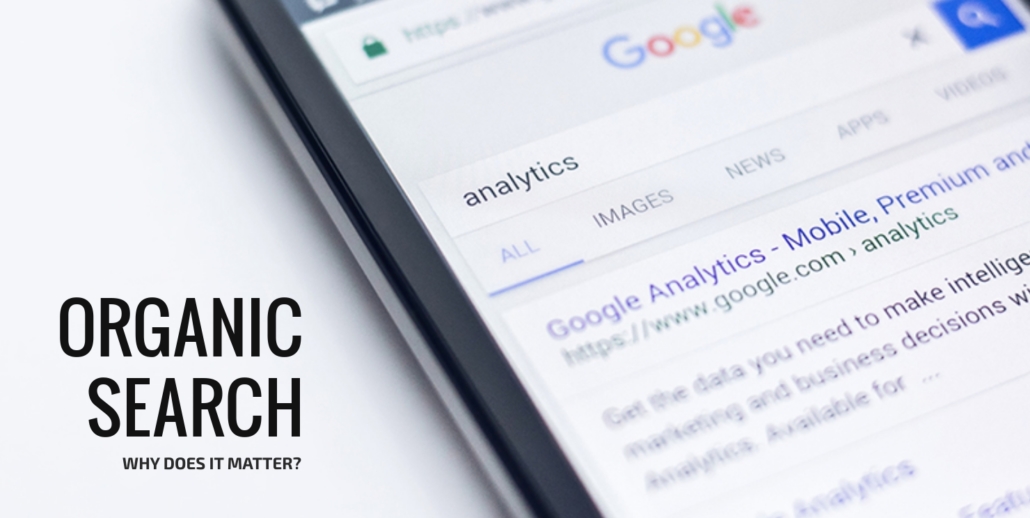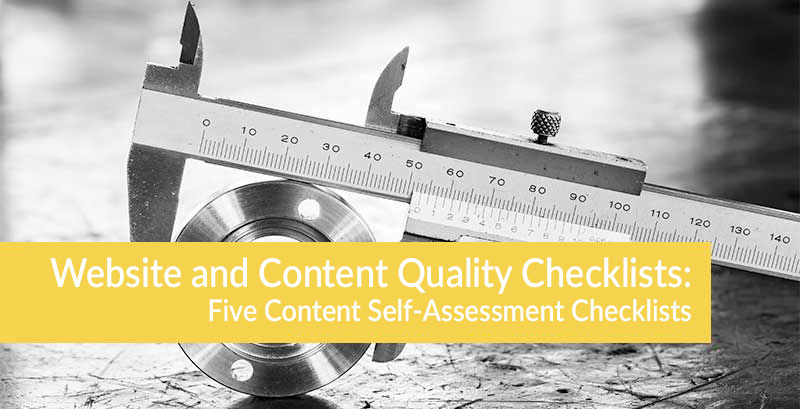Get actionable SEO tips that help you rank higher in search engine results
Your website has to look good. But equally important is focusing on the SEO factors that help you get noticed and ranked by Google.
To get the traffic (clicks) you want from Google search engine results, you need to make sure your on-page SEO is working for you. This is particularly important now, during the current sales and search volume spike for supplements and natural products.
You need to make your SEO is helping you stand out with Google and your customers.
What is On-Page SEO? SEO stands for Search Engine Optimization. SEO is a specialized approach that makes it possible for your website to stand out and be found in Google searches. On-page SEO includes page formatting, keywords, website layout, content structure, links, image tags, meta descriptions, and more. An optimal on-page SEO strategy makes it easy for Google to give people the correct answers to their questions.
For supplements and natural products companies on-page SEO is extra important in helping you score well with Google’s quality raters, proving that your website conveys Expertise, Authority, and Trust (E-A-T).
SEO Checklist for Supplements and Natural Products Companies
At Know Agency we specialize in SEO, search, and content marketing for supplements and natural products companies.
When we meet supplement and natural product company owners, we ask these key questions about their websites:
- Is there enough quality content on the page with important keywords?
Many companies believe that less content makes it easier for people to find what they want. But, it’s important to recognize that search engines are looking for content that tells them this page is the best source and authority on the topic.
To do this your pages must have at least 500 words of quality content that gives readers practical, actionable, and valid information about the subject, product, or service.
Your on-page SEO to do: we recommend at least 1,000 words of quality content per page that is formatted for easy reading with bullets, bolded text, short paragraphs, and simple language. - How fast is the page?
People and Google have very little patience for slow-loading pages. Ideally you need your pages to load in less than 2 seconds. Search engines like Google only crawl (review and index) and rank quick-to-load pages.
Your on-page SEO to do: to improve your page load speed, you need to compress your images, remove extra code bloat, and check your hosting plan. (Hint: we can help you with this.) - Does each page have a unique H1 tag?
The header (H1) tag might seem like a simple thing, but it’s critical in helping search engines understand what your page is about. Make sure your H1 includes your keyword and tells search engines and your readers what they will learn from your page. It’s also important to use headers through-out your content to help key areas stand out. Remember that people skim rather than read so your headers need to grab attention and address reader questions.
Your on-page SEO to do: include your keywords in your headers, use clear language that tells readers what they’ll learn from the next section, and use headers sequentially (H2, H3, H4, etc.) through-out your content to break up whitespace and help key areas stand out. - Does each page have a unique title?
Page titles are displayed on the browser tab and as the bolded sentence in search engine results. Search engines use this on-page SEO element to tell them what the page is about. Using the same page title for multiple pages confuses search engines and your customers.
Your on-page SEO to do: review all of your page titles and ask yourself what the title tells you about the page, use your page keyword and actionable language in the title to tell readers what they’ll get from your page. - Do all pages have unique meta descriptions?
The meta description is the content displayed below your page URL in the search engine results. In just 165 characters you need to clearly communicate what the page is about and tell readers what they will get from your page. Search engines use meta descriptions to determine content relevancy in relation to the reader’s search.
Your on-page SEO to do: review and update your meta descriptions, making sure they are longer than 100 characters and do not exceed 165 characters. Include a call to action and your page keyword to tell users what they’ll learn from your page. - Does every image have an ALT tag?
Image ALT tags describe the image or what the image represents. The image ALT tag is also used to help the visually impaired and search engines better understand what your page represents. Make sure you include your page keywords in your image ALT tag.
Your on-page SEO to do: review and edit your image ALT tags, write short descriptions that describe the image and include your page keyword. - Do all pages have internal links?
Internal links tell search engines how the pages on your website are connected and related. These internal links also help your readers navigate your website to easily find related information, products, and services. When you create your internal links, make sure the anchor text (clickable words) uses your keywords. This helps show search engines page relevancy and establishes your website as a domain authority.
Your on-page SEO to do: whenever you create new content, automatically add internal links to relevant pages and remember to use your keywords in your anchor text. Review all existing pages and update them if necessary, with useful internal links. Do not add an internal link if it doesn’t make sense. - Is your website mobile friendly?
A mobile friendly website means that the content is easily readable on your mobile device, it loads quickly, the menus are easy to use, the buttons are easy to click, and the layout is highly readable.
Your on-page SEO to do: test your website on different mobile devices to determine how easy it is to navigate, search, find, and buy your supplement products.
Your On-Page SEO Next Step
Search traffic and online sales for supplements and natural products are spiking right now. This can make it challenging for supplement company owners to understand why they need to focus on their on-page SEO and search strategies.
Remember, competition in the supplements and natural products marketspace is intense. You need to do all you can to stand out and rank high with Google so that new and existing customers make your products their first choice.
So, your on-page SEO next step requires you to review your website, asking these questions:
- Do you have quality content that informs and answers questions?
- Are you using your H1 tags correctly? Do they include your page keyword?
- Do your meta descriptions encourage people to click your URL?
- Do you have internal links and are they using keyword-rich anchor text?
- How easy is your website to navigate on your smartphone? Can you easily find and buy your products on your mobile website?
Contact me to talk about your on-page SEO and how Know Agency can help your website stand out and get found during the COVID-19 pandemic and beyond.
About the author
Jane Phelps is the CEO/Partner at Know Agency. Jane is the main point of contact for our clients and handles all aspects of in-house SEO demands. This includes providing SEO training, competitive analysis, keyword research, algorithm analysis, and the review of all new content to ensure SEO best-practices are followed. Jane holds a Master’s Certificate in Online Marketing from the University of San Francisco, is BrightEdge Certified and is the head of the BrightEdge User Group in Atlanta, GA.



